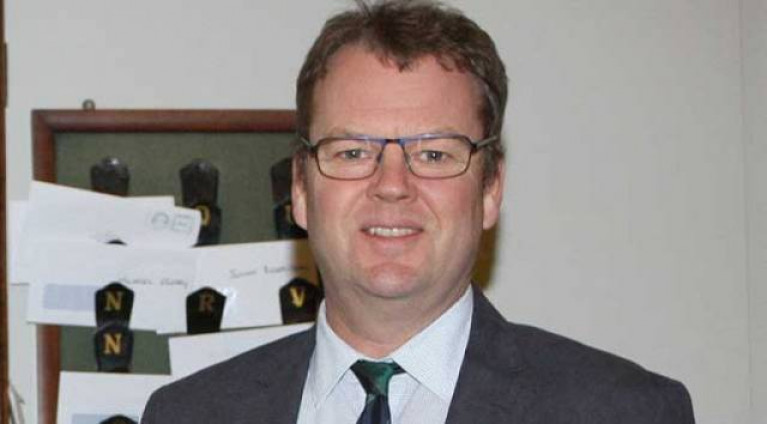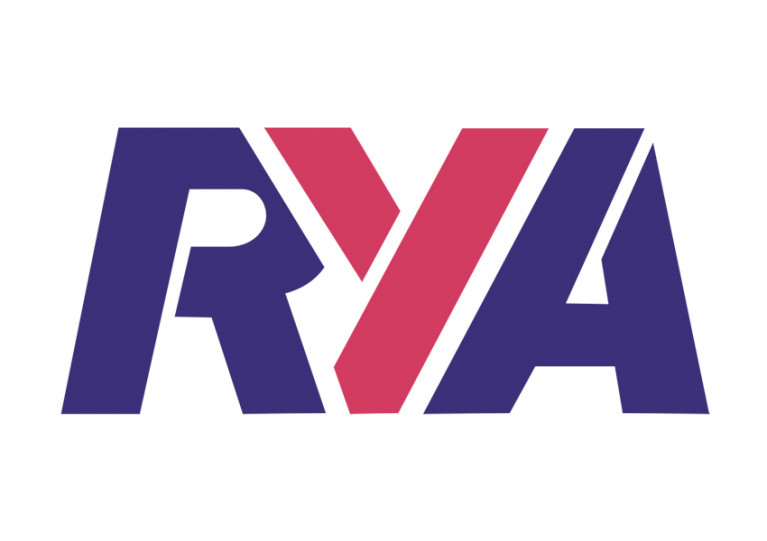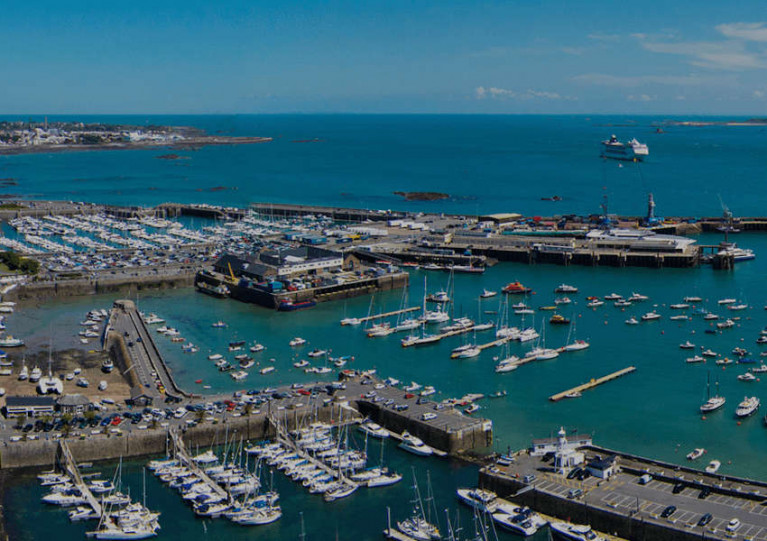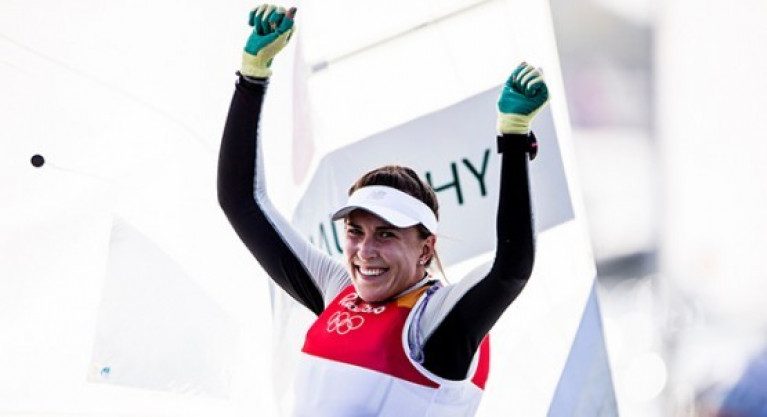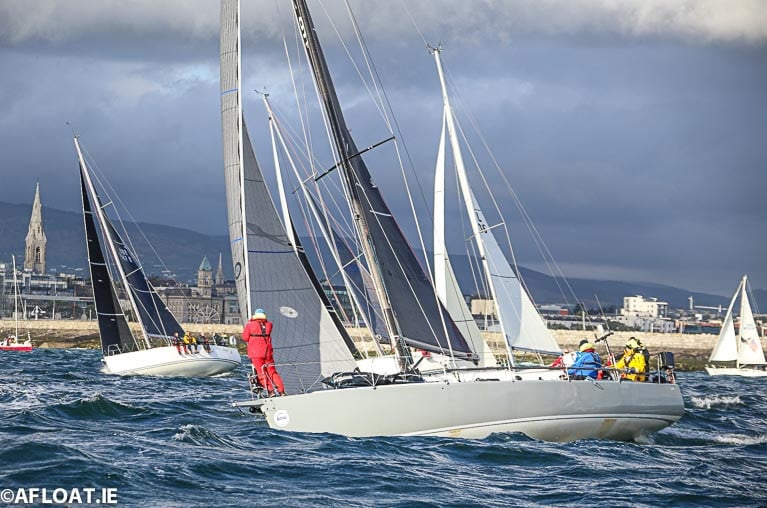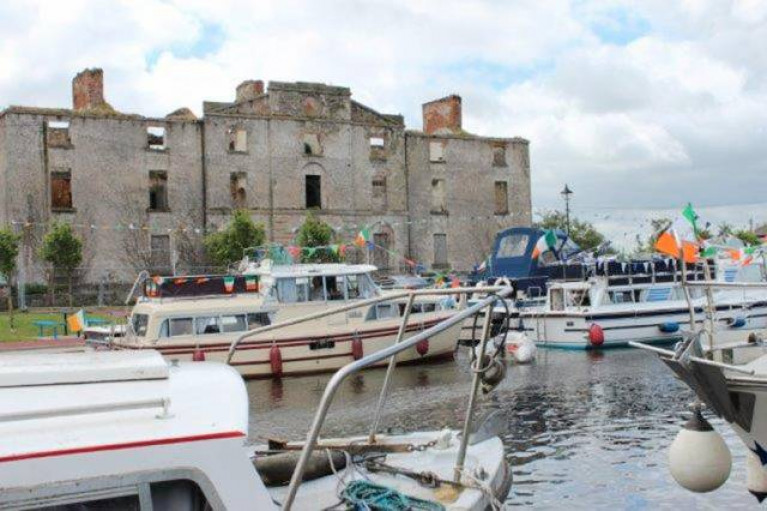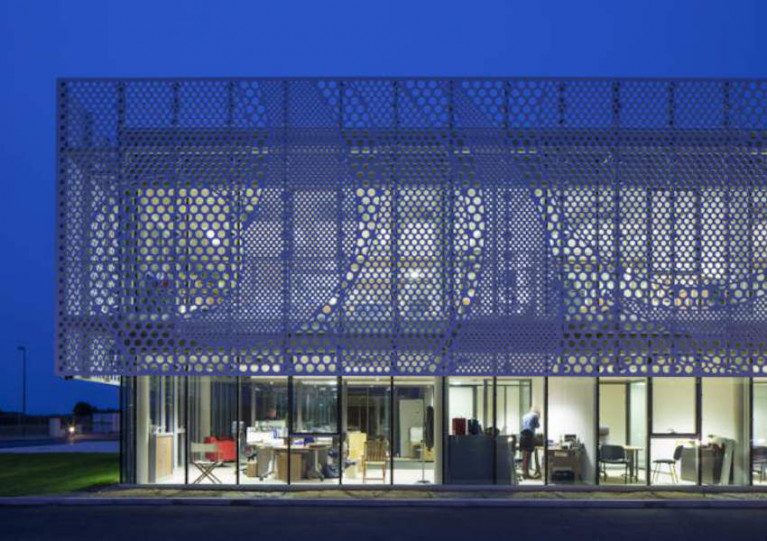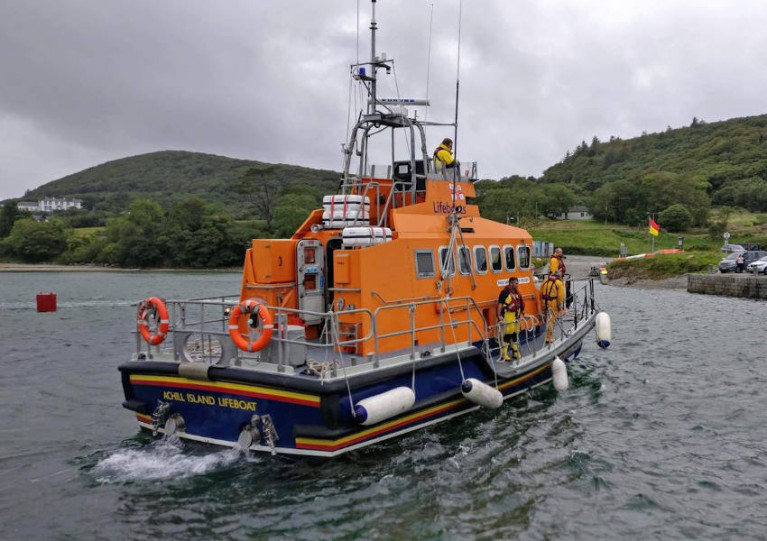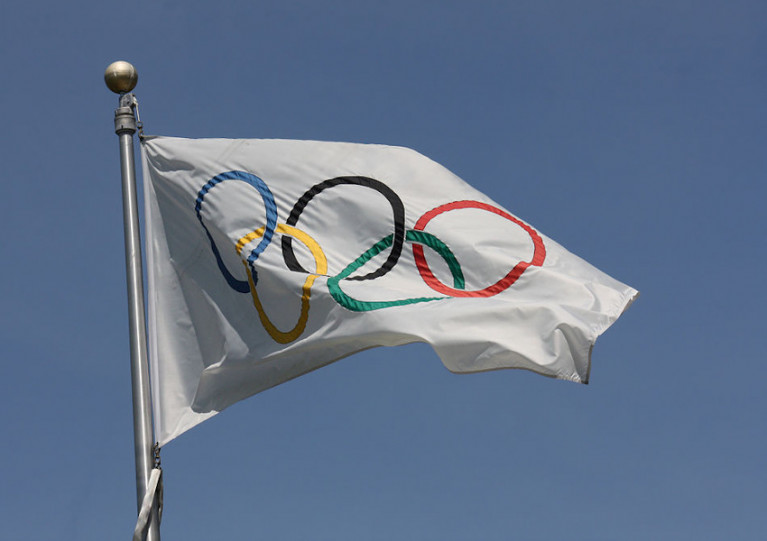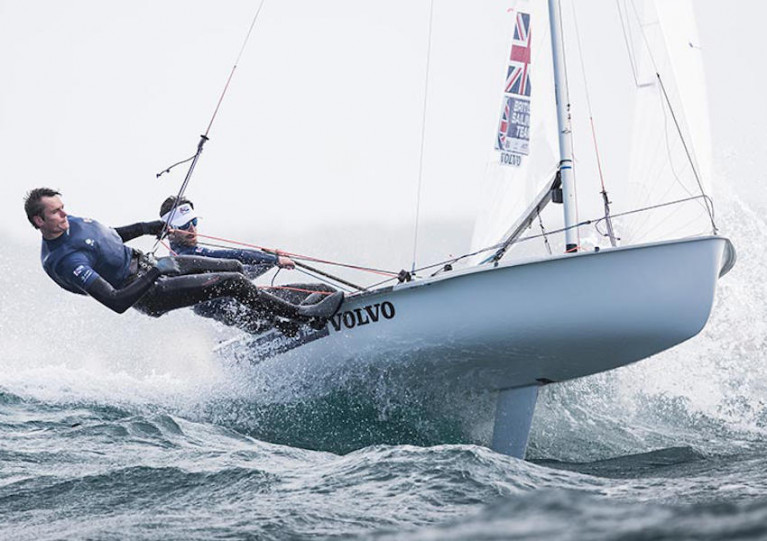Displaying items by tag: COVID19
Irish Sailing says it is “seeking clarification” from the Department of Sport as it drafts a plan ahead of the first phase of coronavirus restrictions easing from 18 May.
Chief executive Harry Hermon says the governing body for boating in Ireland wants clarification “on a number of issues”.
This follows the announcement last Friday 1 May of a roadmap for the phased easing of restrictions that have seen sailing and most other outdoor sports and pastimes on pause since mid March.
“Careful consideration must go into the plan as we have a wide number of different stakeholder groups requiring scenarios to cope with social distancing regulations,” said Hermon today (Tuesday 5 May).
“We anticipate that we will have this draft plan to discuss with clubs, centres and members towards the end of this week.”
RYA Puts Almost One Third Of Staff On Furlough Among Measures To ‘Safeguard The Future’
The RYA has furloughed almost a third of its staff among measures to safeguard its future amid the impact of coronavirus.
In a message to member organisations last week, Richard Falk, RYA’s director of training and qualifications outlined the actions taken by the UK’s national governing body for all forms of boating, which include two weeks of mandatory leave for all staff to “ensure we are fully manned to provide the necessary service when restrictions are lifted”.
Some 30% of RYA staff have been furloughed “so far”, while all RYA-organised events to the end of may have been cancelled. Instructor training and re-validations until the end of May have also been either cancelled or postponed.
“Our focus so far has been on supporting RYA training centres as best we can through such efforts as promoting eSailing as an alternative to keep sailors engaged in the sport, and lobbying the UK Government for support for small businesses and self-employed workers who are currently falling through the cracks of the government’s financial package,” Falk says.
“Clearly we are not out of the woods yet, but we are seeing the partial lifting of restrictions in some countries. We expect further news from the UK Government [in the coming days] and obviously each country is working to its own timetable depending upon its own situation with regard to the impact of Covid-19.”
Falk says the RYA’s emphasis “is now shifting towards the future” with regard to its network of training centres around Great Britain and Northern Ireland.
“We are working on the creation of advice and guidance for RYA training centres to assist with the various measures they may need to consider when thinking about plans for recommencing operations when it is safe and appropriate to do so. This will be in the form of advice rather than mandatory requirements.
“As always, RYA training centres will need to ensure they are continuing to comply with the restrictions and guidance of the competent health authorities in the country in which they are operating.”
Falk adds: “I can assure you that the entire RYA training team shares your anxiety and is experiencing the same sense of frustration and concern over what will happen in the coming weeks and months.
“We remain available to you and wish each and every one of you well as we continue to look towards what a ‘new normal’ way of operating might look like in the future.”
In a move that will bring hope to boating communities around Ireland and the UK, harbour authorities in the Channel Island of Guernsey have permitted recreational boaters to sail as part of their daily two-hour exercise window.
The move, instituted from Saturday (2 May), is subject to a number of conditions, including full checking of all boat systems and local weather conditions, frequent cleaning of surfaces and objects touched regularly, and patience in seamanship to sail in accordance with social distancing.
In addition, skippers may only be accompanied by those who reside at the same address — or, where the vessel is sufficiently large enough, with one other person from a different household.
The islands of Alderney, Sark and Helm remain off-limits as per their respective authorities’ measures to control the spread of coronavirus.
And boats must not make landfall beyond the Bailiwick of Guernsey lest they be subject to 14 days of self-isolation upon their return.
Last week it was announced that sporting activities in Ireland would be reactivated in stages from 18 May, but it is not yet clear where recreational boating might fit into this roadmap.
Annalise Murphy Adapts In The Time Of Coronavirus
“In my head I was going, ‘If I give up here, they’re going to be saying that Annalise The Olympian has just quit’. So I couldn’t quit.”
That’s how Annalise Murphy explains her motivation to keep up her fitness and focus for the next Olympics in the time of coronavirus, in an interview with Malachy Clerkin in The Irish Times this weekend.
The Laser Radial silver medallist was counting down the days to the Tokyo 2020 games when two months ago the world began to shut down in efforts to contain the spread of Covid-19.
Within a matter of weeks, the event she and thousands of other athletes had been working towards for months, if not years, was suddenly another year away.
And what’s more, movement restrictions prevented her from even taking to the water for training — and it’s still not entirely clear when that will resume. “I do really miss sailing right now,” she says.
In the meantime, the Irish hero of Rio 2016 has had to refocus her energies, training as much as she can at home.
But the situation, in giving her more time to think about her quest for Ireland’s reserved Laser Radial spot in Tokyo, has also had the side effect of expanding her ambitions.
“Initially, I was very much thinking I was going to retire after the Olympics,” she explains. “But after the Worlds [in February] I was going, ‘Well, I don’t know if I can retire now – I need to go and try to win a Worlds before I retire.’
The Irish Times has much more on the story HERE.
There's no doubt the Government publication of its five-level Covid-19 lifting restrictions was well received on Friday because it gave certainty and an idea about the future reopening of Ireland's economy and society.
The roadmap will start from 18 May, from which point the country will re-open in a slow, phased way. Clarity is still needed on some aspects of the 'live plan' but where does it leave sailing and boating and other watersports in Ireland? How the lifting plan is interpreted by the sport's national governing bodies appears to be key to this.
The map sets out five stages for unlocking restrictions, at three-week intervals. As we ease restrictions, the rate of the virus in the community will be constantly monitored by the National Public Health Emergency Team and the government.
The framework sets out how we can keep the level of transmission as low as possible while balancing continuing restrictions proportionately with the positive social and economic benefits which will be brought about by lifting restrictions.
Irish Sailing concluded in March that social distancing is 'not only difficult to achieve onshore from an organisers’ perspective but also difficult to achieve at a personal level on the water'. The National Governing Body submitted a plan on a return to sailing requested by the Department of Sport in mid-April. This submission document was not published but an 'overview' of IS recommendations are here.
Peter Ryan of ISORA told Afloat this morning that the lifting looks like it has some 'conflicting conditions' which will be hard to work with. He cites, for example, the sport of Rugby with social distancing? The offshore chief, who redrafted the 2020 Irish Sea calendar last week (that has its first race now scheduled for June 13), says ISORA will have to see how Irish Sailing and the Royal Yachting Association interprets the lifting conditions.
The Irish Marine Federation has lobbied for a resumption to recreational boating at the earliest possibility and Friday's roadmap has been given a thumbs up by many in the industry who were otherwise looking at a season with zero activity.
We are in lockdown for another fortnight to contemplate all of this but here's a first look at what it might mean from a sailing and boating perspective.
Government's five-phase roadmap & what it might mean for sailing & boating
- Phase 1 (18th May) Outdoor spaces and tourism sites (for example car parks, beaches, mountain walks) will be opened where people can move around freely and where social distancing can be maintained. Public sports amenities (for example pitches, tennis courts, golf courses) can be opened where social distancing can be maintained. This has largely been taken by many of the marinas around the country as a date for reopening in a phased way. Will it allow people to go out on their boats, in small groups? Will the five-kilometre travel restriction that also applies mean those that are outside that limit be unable to attend their boat?
-
Phase 2 (8 June) People can take part in outdoor sporting and fitness activities, involving team sports training in small groups (but not matches) where social distancing can be maintained and where there is no contact. This puts boats back on the water for sailing and training with limited crews to comply with social distancing.
-
Phase 3 (29 June) Sporting activities and events can resume “behind closed doors”, where arrangements are in place to enable participants to maintain social distancing. Does this allow racing to begin but with a smaller crew number to comply with social distancing?
- Phase 4 (20 July) Competitions for sports teams (for example, soccer and GAA) can resume, but only where limitations are placed on the numbers of spectators and where social distancing can be maintained. Restaurants to open.
- Phase 5 (10 August)
Close physical contact sports, such as rugby and boxing, can resume. Gyms, dance studios and sports clubs can re-open, only where regular and effective cleaning can be carried out and social distancing can be maintained. Spectators can begin to attend live sporting events only in accordance with both indoor and outdoor number restrictions and where social distancing can be complied with. Festivals, events and other social and cultural mass gatherings can take place only in accordance with both indoor and outdoor number restrictions and where social distancing can be complied with.
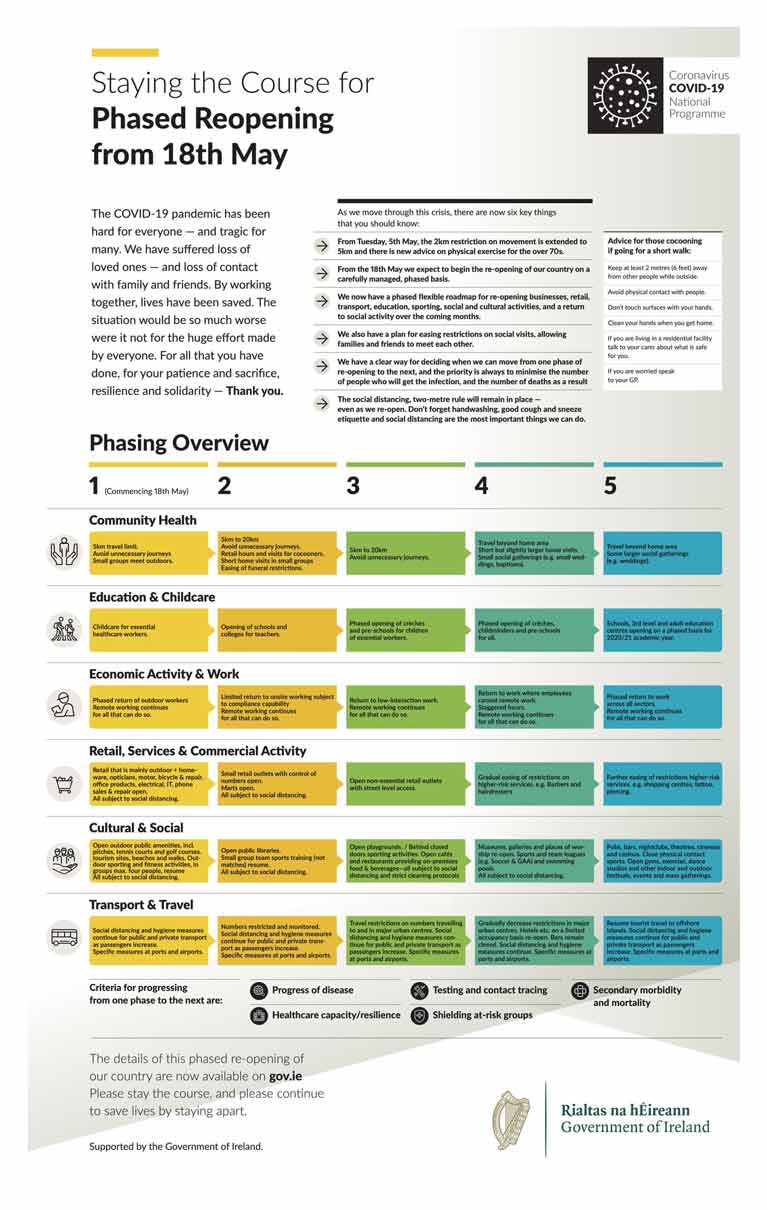 Staying the course – the Government Roadmap (downloadable below in a higher resolution format)
Staying the course – the Government Roadmap (downloadable below in a higher resolution format)
2020 Sailing Fixtures & Events
While we await clarification on the above, Regatta organisers will no doubt be poring over the fine print. With so many fixtures already cancelled, what will the timing of these phases mean for the main 2020 sailing events? What is the date that multi-crewed boats can go back sailing? Is it at Phase Five or could it even begin at Phase Three where Government says "Sporting activities and events can resume behind closed doors”, where arrangements are in place to enable participants to maintain social distancing?
Dublin Bay Sailing Club
DBSC Commodore Jonathan Nicholson wrote to members last month advising them to be 'ready to race' when restrictions are lifted. Does this mean the DBSC summer racing could start by Phase Three at the end of June with small crew numbers participating or will it be later? There are obvious problems for two-handers and day boats to sail, however. The club, the largest racing club in the country, surveyed its members on attitudes towards racing this season, a summary of which has been posted on the club website, shows that there is a clear appetite to go racing, regardless of the start date. In response to questions from Afloat in light of the Government roadmap, Nicholson said on Sunday, "DBSC awaits guidance from Irish Sailing as to when [DBSC] racing can commence."
and it will be interesting to learn of the results from over 1,200 members from DBSC's combined 250-boat fleet.
ISORA
Irish Sea offshore racing could also commence at the end of June keeping alive the revised 2020 fixture just published by the offshore association. Then, with small crew numbers, would it allow the Dun Laoghaire to Cobh race at the end of July? ISORA Chair Peter Ryan intends to ask Irish Sailing and the RYA for their interpretation of the lifting conditions.
Dun Laoghaire 'Solidarity' Regatta
The proposed three day Dun Laoghaire Combined event at the start of August could go ahead on the water, but club bars and restaurants will not be not open at that stage. It would be nice to think that given the nature of the set up in Dun Laoghaire (with four separate waterfront clubs) that some outdoor shoreside social could exist with social distancing in place?
Calves Week
West Cork's Calves Week on from Tuesday 4th August to Friday 7th August is a week the wrong side of Bars opening so although this regatta can happen on water alternative arrangements would need to be made for festivities ashore?
Round Ireland Race
Round Ireland's postponed date of August 22nd looks OK for the 700-mile biennial race that despite the COVID-19 setbacks looks like it might gather a record fleet. But will it now occur with smaller crew numbers, perhaps working two watches with only one watch on deck at a time?
Wave/ICRA Nationals
As Afloat reported yesterday, Howth Yacht Club's Wave Regatta that incorporates the ICRA Nationals from September 11-13 is gaining in appeal. The inaugural regatta in 2018 attracted a large crowd and while festivals can return, social distancing will continue. Chairman Brian Turvey has told Afloat "it appears to me that all going well, August 10th might be the date where we can all go back sailing and racing on multi-crewed boats. That would give us a month to refine our already evolving COVID-19 preparations. We’re already looking at doing temperature control checks, online crew symptom checking and branded face masks for all competitors".
Crew numbers on yachts & keelboats?
With contact sports like GAA and Soccer being allowed to train and play matches, it means there is scope for sailing too. Should crew numbers on boats be kept to a minimum? How can this be achieved? Perhaps a scale like this might be useful for cruiser-racers:
- 45 footers - allow 7 max
- 40 footer - allow 6 max
- 35 footer - allow 5 max
- 30 footer - allow 4 max
- 25 footer - allow 3 max
Day keelboats and two-man dinghies will have bigger problems, however, as it is hard to separate/reduce crew in the likes of sports boats and one-design keelboats.
Comments
Afloat is interested in all comments on the 'Return to Sailing & Boating' either below in our comments section, on Facebook or directly to our web editor here. Stay Home. Stay Safe.
Comment from John Giles, Yacht Artemis, Dun Laoghaire: Certainly, the overall lobbying to remove the lockdown to commence racing at DL is well managed. However, the plight of the non-racing solo or small boat sailor seems ignored. These people's boats are swinging at their moorings (or in the marina), single-handed sailed they are low risk in social terms and there is no good reason why owners could not be allowed access.
Comment from Ruth Walsh, crew Cruisers One, DBSC. I did not participate in the [DBSC] survey. As a crew, I would love to go sailing and take a break from the coronavirus regime. Boat owners have a duty of care to their crew and all families and colleagues of essential workers who cannot work from home associated with their boat. Also, safety ribs and RNLI crew have the same duty of care. The above was not mentioned in your [DBSC] survey. 2020 will be a year of onshore training at best. Swimming the sea has been my preferred option.
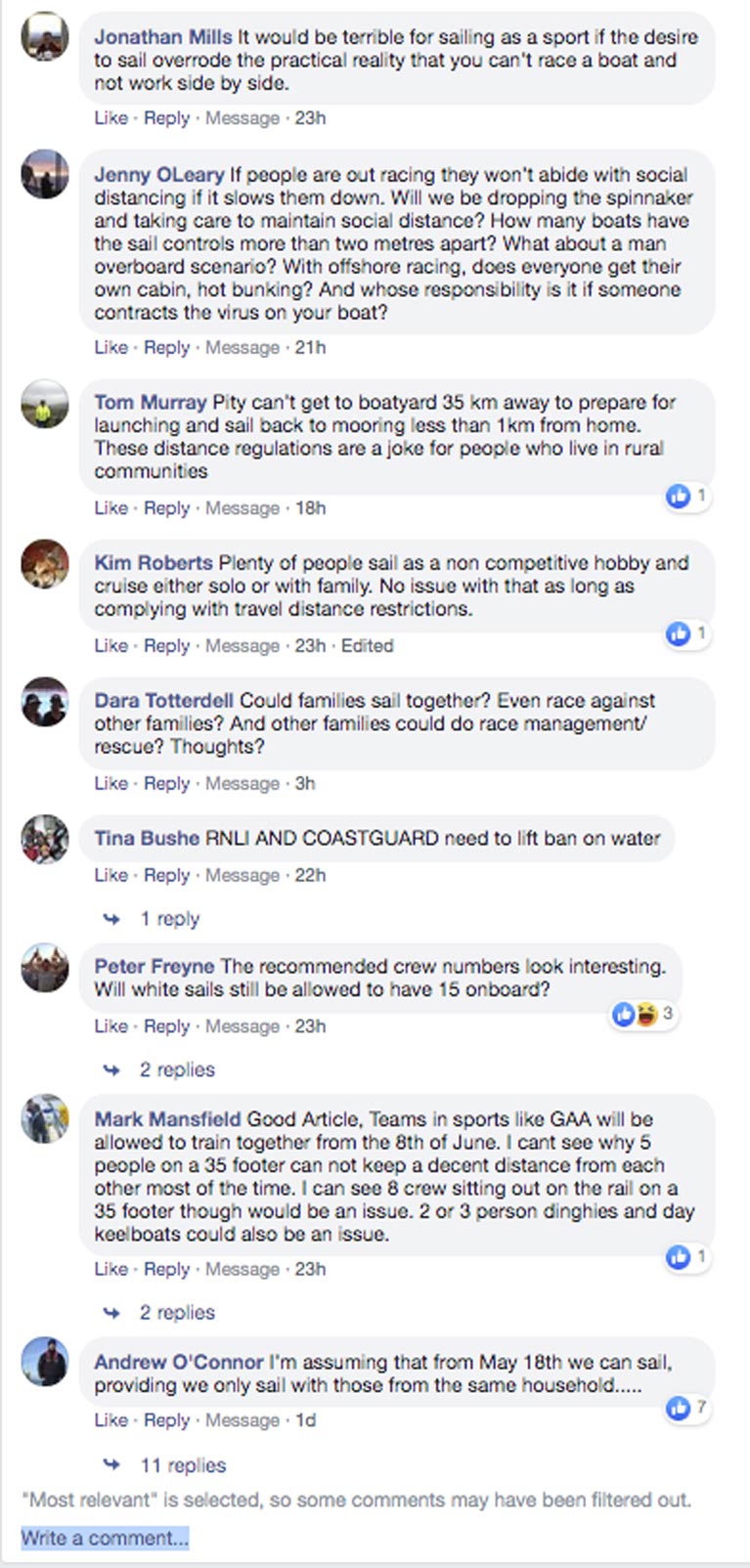
This year’s Shannon Harbour Canal Boat Rally, which had been scheduled for 19-21 June, has been postponed over the coronavirus pandemic.
Ian Skelton, Hon Sec of the Inland Waterways Association of Ireland’s Shannon Harbour branch and who confirmed the news, said it is hoped to have some sort of gathering in the rally’s stead later in the year if the situation improves.
This would have been the 49th edition of the rally, the running of which was taken over by Shannon Harbour IWAI two years ago.
Elsewhere, the Barrow Awards 2020 have been cancelled due to the ongoing Covid-19 situation, as reported by John Dimond of Barrow IWAI.
The award scheme promotes groups all along the River Barrow to focus on and improve their river frontage and acknowledges their efforts.
The awards have been supported by the county councils adjoining the Barrow, chaired by Eileen O’Rourke of Carlow County Council and with the backing of Waterways Ireland.
Beneteau Restarts Production As It Prepares New Strategy To Reflect Coronavirus Impact
French boatbuilder Beneteau has restarted production at three of its sites as it announced half-year earnings that showed a 4.7% rise in consolidated revenues by the end of February.
International Boat Industry reports that this was thanks to sustained business in both its boat and housing divisions — though it represents a period before the impact of coronavirus on the economy worldwide.
In response to the current crisis, Beneteau’s CEO has taken a salary reduction and a new strategic plan will follow in July to reflect significant changes in global markets.
Beneteau’s Irish agents are BJ Marine, who recently delivered a new Beneteau 27 sports cruiser — the first in the UK and Ireland — to an Irish Sea customer in Cardiff.
The past weekend’s good weather tempted a group of jet-skiers who subsequently ran into difficulty in Clew Bay, as The Irish Times reports.
Achill Island RNLI launched its lifeboat on Saturday evening (25 April) to reports of three men on personal water craft needing assistance between Newport in Rosmoney — waters considered treacherous for even the most experienced of mariners.
All three were towed to Rosmoney with a locally owned RIB in an operation that also involed the Irish Coast Guard and An Garda Síochána.
Gardai also mounted further patrols of Lough Derg, where earlier this month they had exercised their emergency powers to warn inland waterways users to stay at home as measures to control coronavirus remain in place.
The Irish Times has more on the story HERE.
Tokyo 2020 President Says Olympics ‘Will Be Scrapped’ If Coronavirus Threatens Further Delay
The president of Tokyo 2020 says the Olympic Games already postponed to next year “will be scrapped” if it cannot go ahead at its rescheduled date.
As RTE News reports, Yoshiro Mori was responding to concerns that a vaccine for the coronavirus — which has infected more than three million and killed over 200,000 worldwide — may not be readily available before July 2021, when the delayed Tokyo games are now set to begin.
But Mori, a former prime minister of Japan, said he was confident that “we will have won the battle” against Covid-19 by next summer.
A Tokyo 2020 spokesperson later insisted that Mori’s comment about potentially cancelling the next Olympics was “in his own thoughts”.
RTÉ News has more on the story HERE.
‘Restart Racing’ The Call Of Special Interest Group To Lobby For Sector’s Fair Treatment In Britain
A British sailing industry figure is looking to form a Special Interest Group (SIG) of clubs, classes, sailors, trade and other stakeholders to lobby for the safe restarting of racing in the wake of the Covid-19 pandemic.
SailRacer managing director Simon Lovesey says the aim is to develop strategies and plans to allow sailing and racing to resume as soon as sensible (and safe) and, if need be, to lobby for fair treatment of sailing particularly among the grassroots of Britain’s sailing community.
“As and when the [UK] Government looks to ease restrictions, my concern is that sailing will be treated the same as much broader sectors, so clubs will be lumped in with bars and restaurants, and sailing events as festivals,” he says.
“The indications are these broad sectors will only be allowed to restart near the end of any easing of restrictions. In Holland, sailing events are categorised as festivals, which are prohibited from operating until September at the earliest.
“So, it is important we learn to live with the situation and make adaptations to allow some activities to be undertaken.
“With suitable adaptations, sailing and boating should be able to address many of the self-distancing requirements, and I understand the virus cannot be transmitted via water. Sailing brings many health benefits: physical, mental and plenty of the all important respiratory gains.”
Lovesey reminds that Downing Street has set a deadline of this Thursday 30 April for submissions of evidence from sporting individuals and groups to illustrate the impact of Covid-19 on their sector, and suggestions of how to adapt and innovate to deal with the current situation.
He believes a more focused contribution from clubs and classes alongside the RYA’s presumed submission “will give the opportunity to convey more of the details and in particular the grassroots element of sailing” that the broad remit of the larger body may not include.
Any parties interested in taking part in the suggested Restart Racing Action Group can contact Simon Lovesey at [email protected]



























